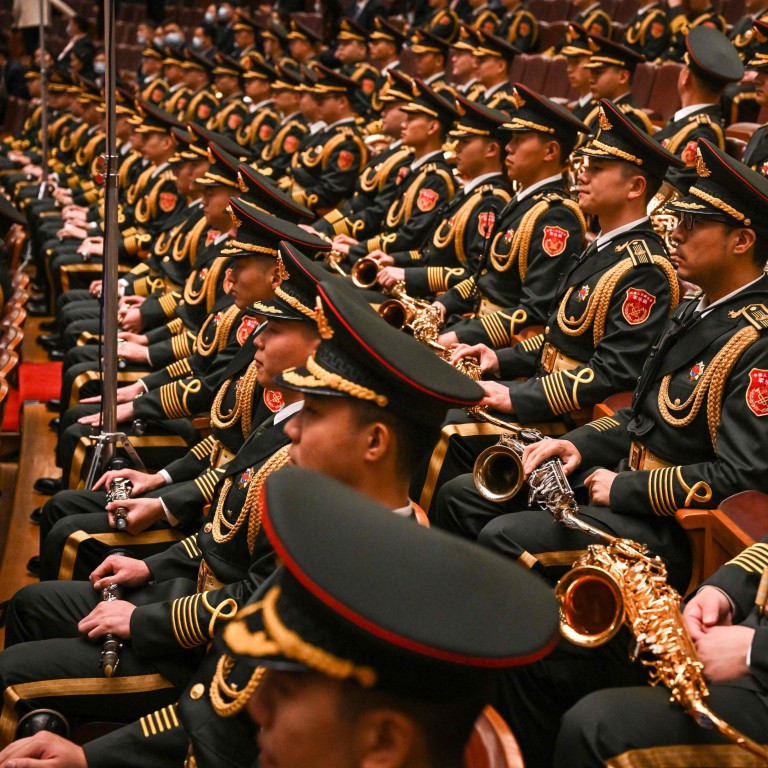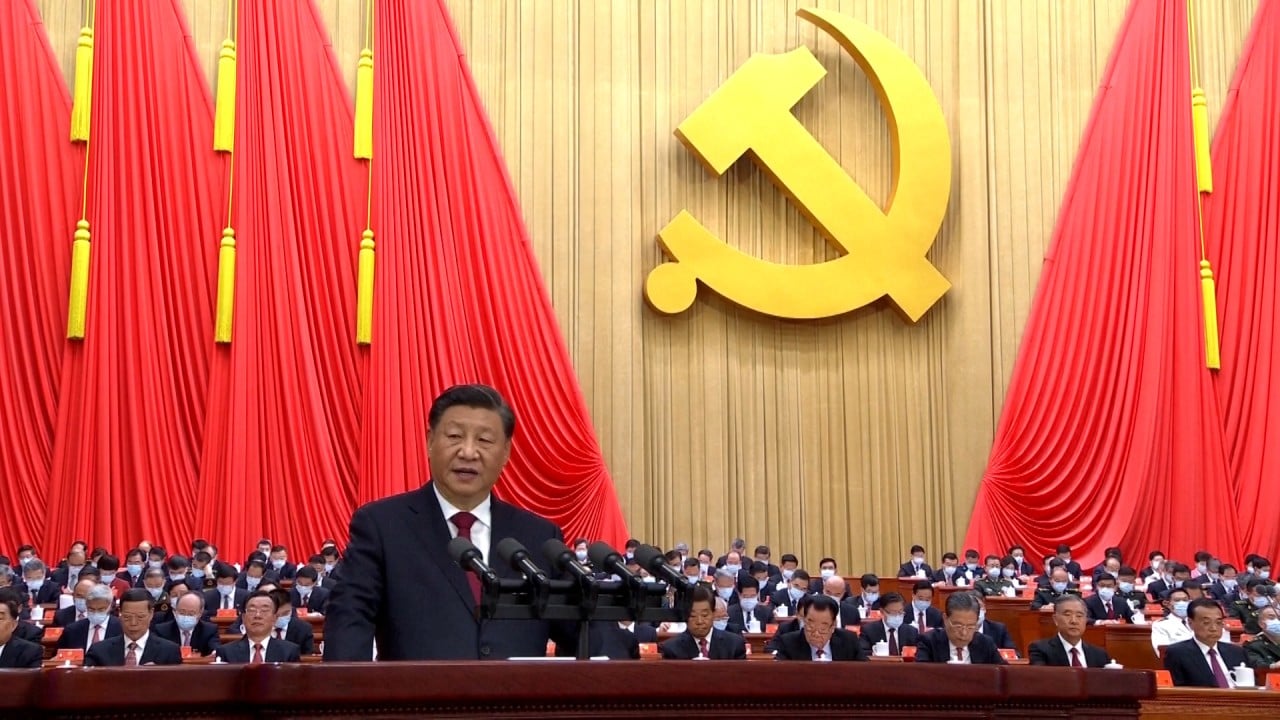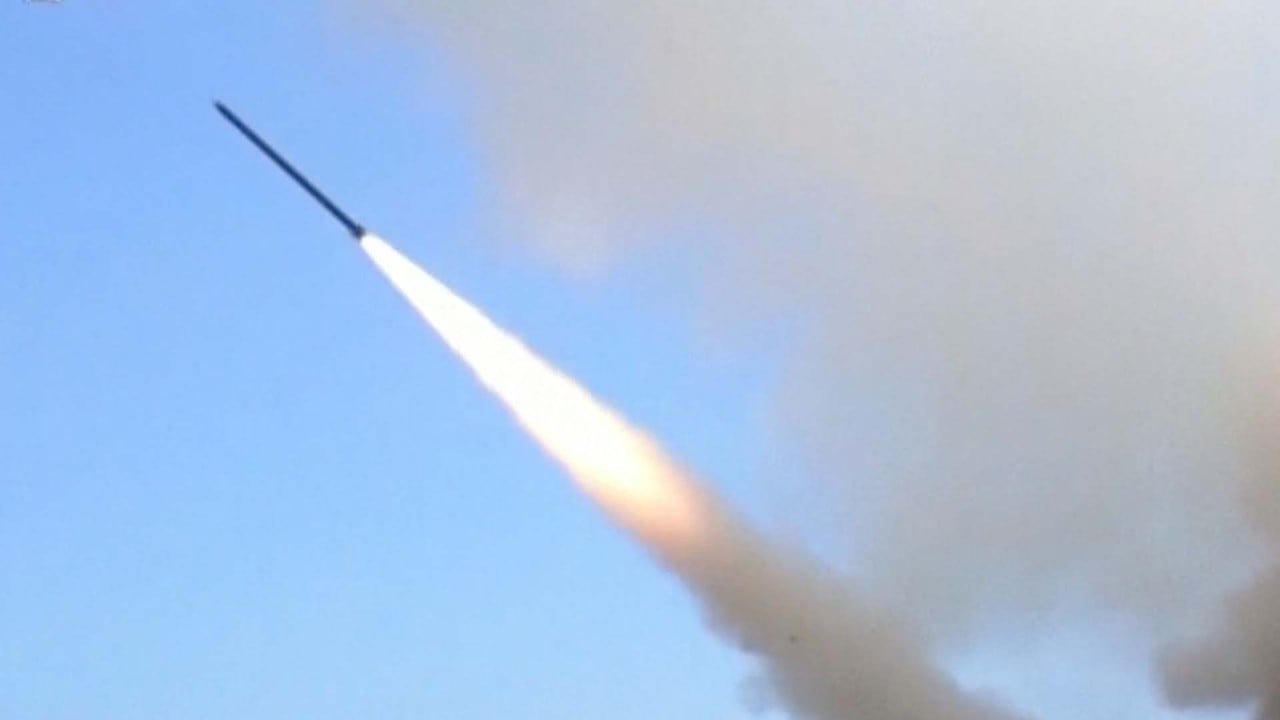
China’s top military brass vow to be on high alert and ready for war amid mounting tension with US
- On sidelines of party congress, defence minister stresses importance of military adhering to President Xi Jinping’s directives
- People’s Liberation Army ‘must focus on the future battlefield’ and boost transformation and innovation, says delegate
Defence Minister General Wei Fenghe said China was running into “severe and grave national security conditions” and that it was important for the military to adhere to President Xi Jinping’s directives.
The military must implement Xi’s thought on “strengthening the military and improving its ability to win”, Wei was quoted as saying by state-run Xinhua on Wednesday.
“The military has to maintain a high degree of vigilance, always prepare for war and resolutely defend the country’s sovereignty, security and development interests.”
What Xi Jinping’s shortened congress work report did not mention
Other initiatives outlined in the report included accelerated development of unmanned, intelligent combat capabilities, promoting coordinated development and applying the network information system.
Beijing took Pelosi’s trip as US endorsement for a pro-independence agenda of Taiwan’s ruling Democratic Progressive Party, and staged massive military drills around the self-ruled island.
What is China’s Central Military Commission and why is it so powerful?
Other military delegates attending the party congress also vowed to enhance preparation for war, PLA Daily reported on Tuesday.
“We must continue to promote actual combat training, closely follow the evolution of war patterns, study strategies to control the enemy and defeat the enemy,” the report quoted delegate Lin Lijun as saying.
Another delegate, Li Mingguo, said: “We must focus on the future battlefield, bravely assume the mission of winning the war, step up transformation and innovation, and concentrate our efforts to improve joint combat command skills.”



